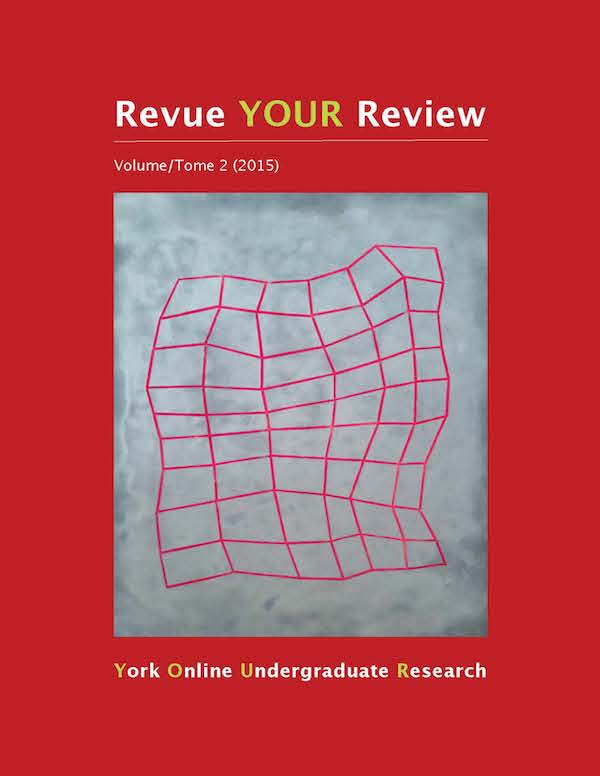French Colonialism in Algeria and Tunisia: Issues of Consolidation and Legitimacy and Their Implications
Abstract
This paper draws on a number of theories concerning state-building, ideology, and identity construction, as well as evidence from contemporaneous French news reports and editorials and secondary sources, in order to better explicate the significance of French colonialism in the modern North African states of Algeria and Tunisia. Specifically, it seeks to explore how French colonial efforts at consolidating their monopoly on violence within the territories and identity construction later reproduced themselves as potent tools against French colonialism in the twentieth century. The extremely violent and protracted nature of “pacification” of the population that marked the beginning of the French colony in Algeria also marked the regime’s end through the bitter, eight-year-long Algerian War of Independence. As a result of the binary construction of identity in the French colonial state, the “native” population in the newly created Algerian state in 1962 steadfastly held to its conviction to expel all French elements regardless of where they were born. The comparatively mild military contestation for Tunisia at the outset of French colonial rule, as well as the more fluid colonial codification of identities, are reflected as much by the gradualist and constitutionalist approach taken by the supporters of Tunisian independence as they are by the population’s more appreciative response to the postcolonial hybrid Tunisian identity.
Downloads
How to Cite
Issue
Section
License
Authors contributing to Revue YOUR Review agree to release their articles under one of three Creative Commons licenses: Creative Commons Attribution 4.0 International; Creative Commons Attribution-NonCommercial 4.0 International; or Creative Commons Attribution-NoDerivatives 4.0 International. All editorial content, posters, and abstracts on this site are licensed under Creative Commons Attribution-NoDerivatives 4.0 International. For further information about each license, see:
https://creativecommons.org/licenses/
In all cases, authors retain copyright of their work and grant the e-journal right of first publication. Authors are able to enter into other contractual arrangements for the non-exclusive distribution of the e-journal's published version of the article (e.g., post it to an institutional repository or publish it in a book or in another journal), with an acknowledgement of its initial publication in this e-journal.


